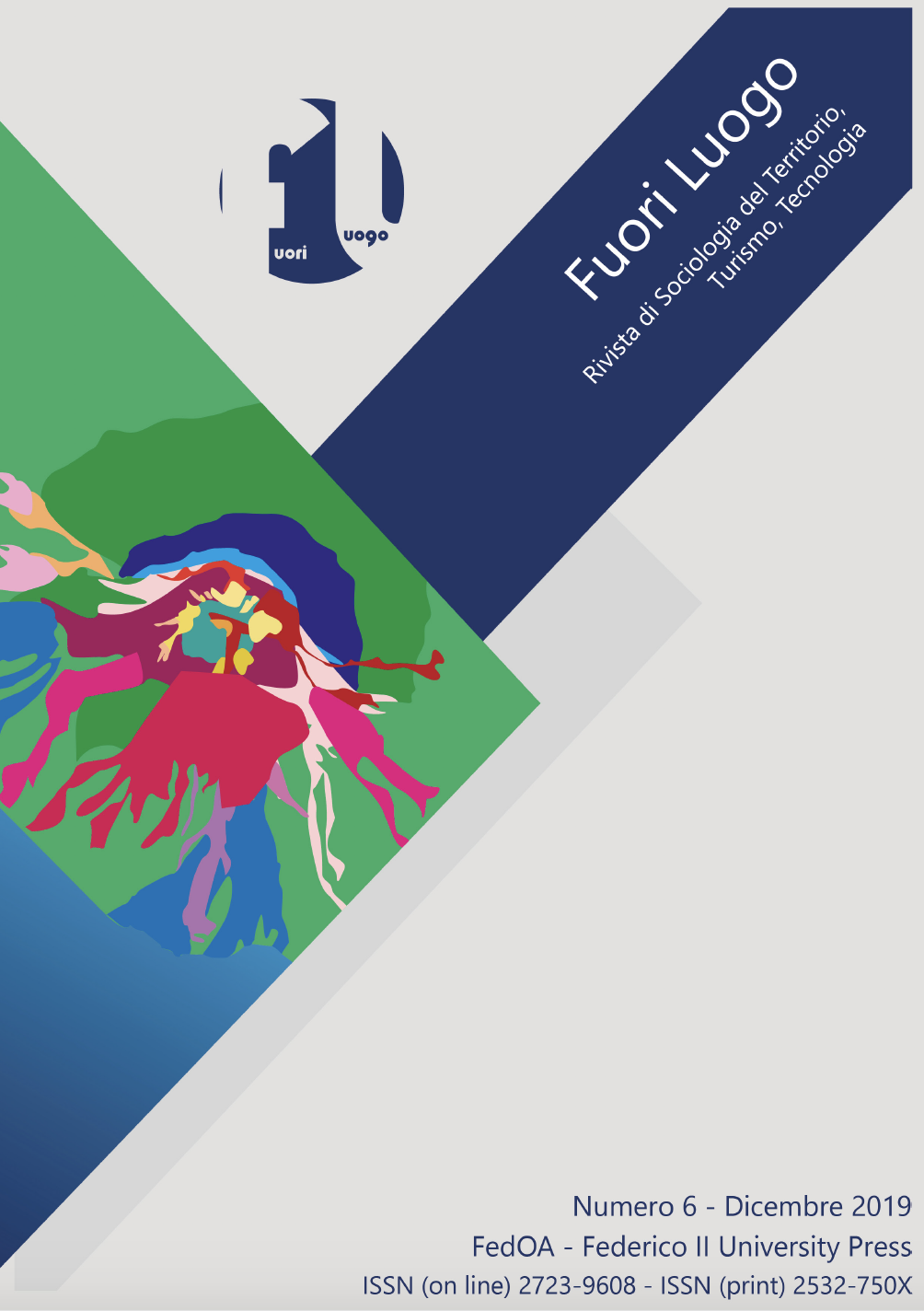La lentezza per lo sviluppo del turismo del futuro: seduzioni, promesse, insidie
Abstract
La ricerca sociologica è sempre di più interessata al turismo come fenomeno sociale e culturale moderno (Cohen, Cohen, 2019). In particolare i più
recenti studi (Bigné, Decrop, 2019, Clancy 2018, Calzati, de Salvo, 2018, Sun,
Lin, 2018) hanno individuato la lentezza come un connotato tra i più attuali
del turismo della post contemporaneità. La lentezza non deve essere interpretata come un fenomeno del momento, una moda o un nuovo prodotto
turistico, ma come una filosofia di vita e rappresenta un movimento sociale
e globale, che ha tratto origine dal movimento italiano Slow Food alla fine
del 1980. La lentezza opponendosi alla cultura della velocità, non implica
solo un rallentare ma anche l’impegno a modificare le proprie abitudini e comportamenti quotidiani. Queste considerazioni permetteranno di evidenziare nel lavoro come e se il turismo lento possa in futuro contribuire a
contrastare le esternalità negative di un turismo incontrollato attraverso la
valorizzazione di comportamenti, responsabilità che promuovano sostenibilità e convivialità contro la perdita di unicità dei luoghi. Il saggio approfondirà quindi la categoria sociale della lentezza come connotato positivo del
turismo del futuro e non una delle tante mode della postmodernità.
Downloads
Copyright (c) 2021 Paola De Salvo

This work is licensed under a Creative Commons Attribution 4.0 International License.




